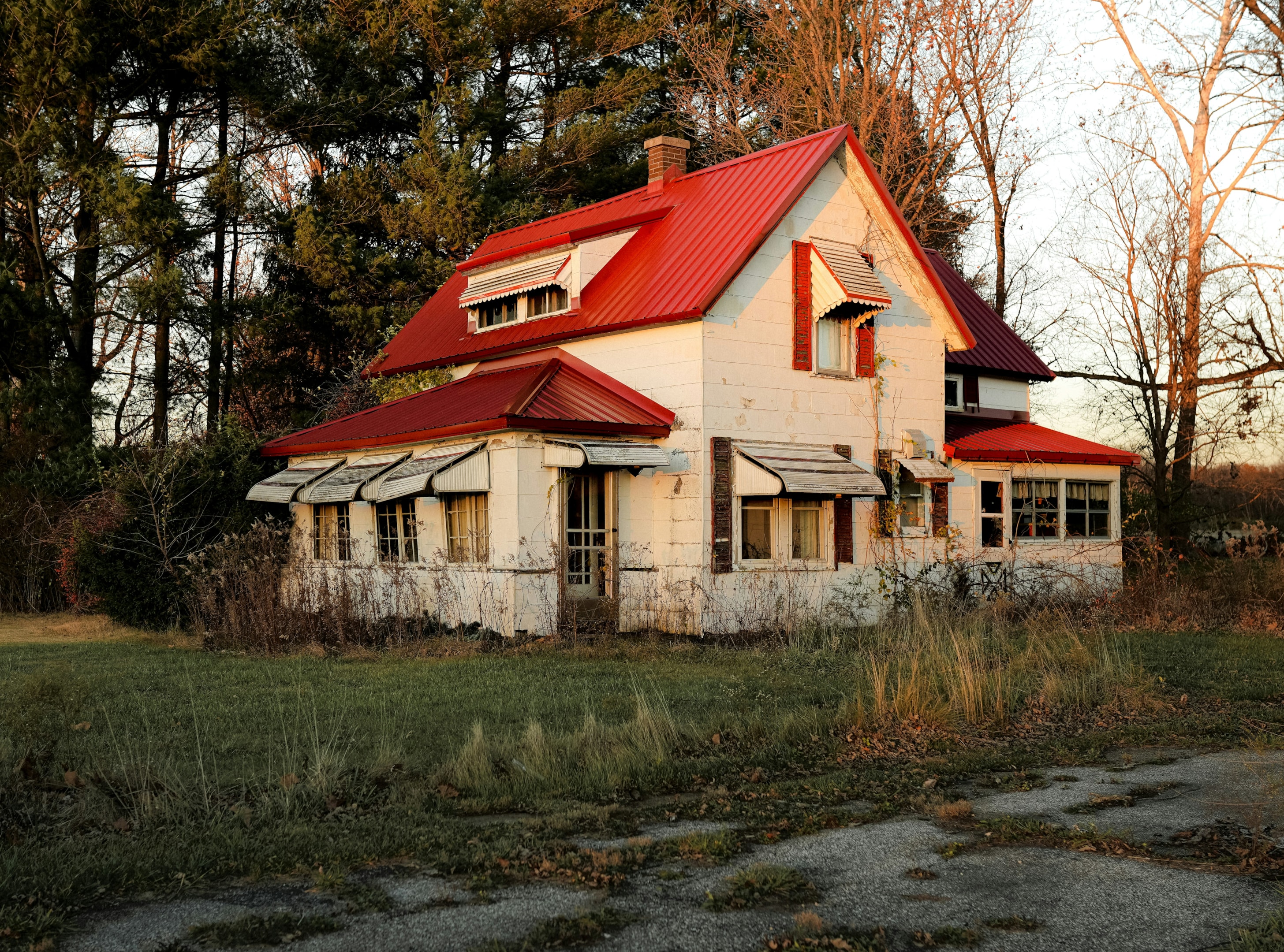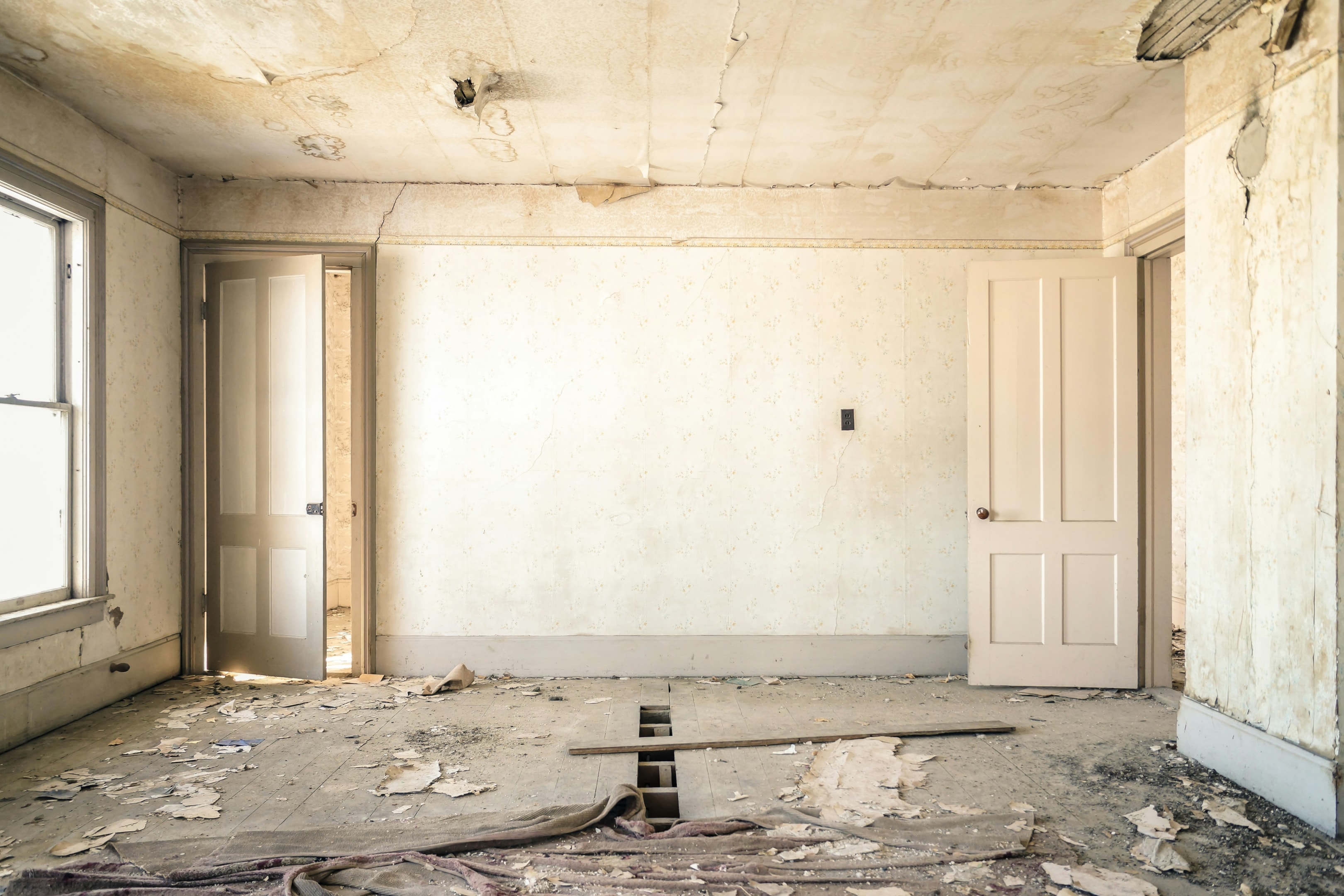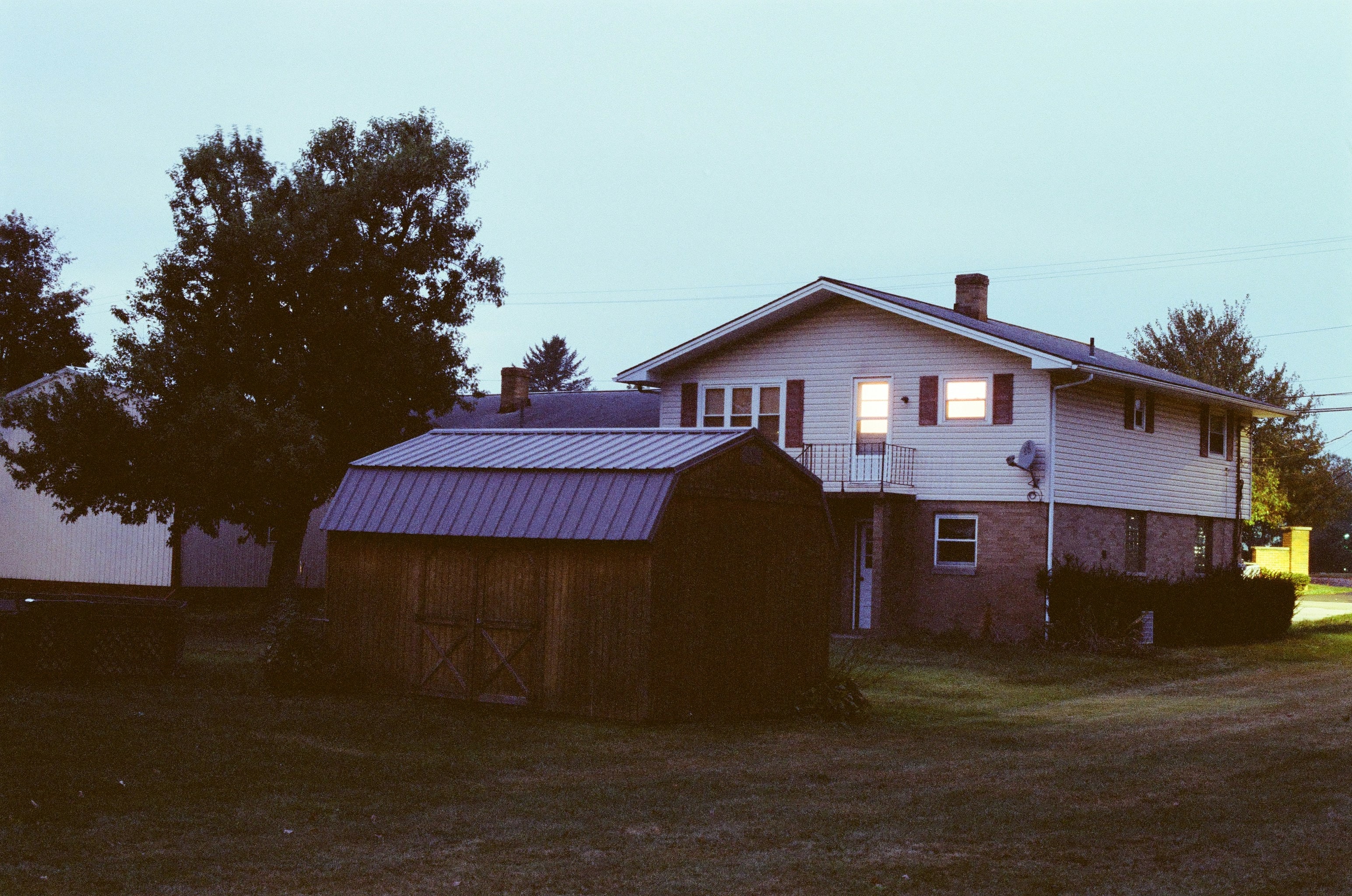Top Strategies for Flipping Properties in Rural Markets Successfully
Introduction
When most people think about flipping houses, they picture fast-paced city neighborhoods or booming suburban markets. However, some of the best opportunities are quietly emerging in small towns and rural areas, especially with the rise of remote work, soaring city prices, and families seeking affordable alternatives. Rural property flipping has gained attention recently due to increased demand and value, offering unique advantages and challenges. This guide will equip both seasoned investors and newcomers with the insights and tools needed to succeed in flipping properties in rural markets, where fewer competitors and growing interest create promising potential for profit.

Why Rural Property Flipping Deserves Attention
Lower Purchase Prices and Bigger Margins
Rural homes are generally priced far below their urban counterparts. This means you can buy more for less, and if you renovate strategically, your return on investment (ROI) can be substantial, allowing you to make more money from each flip.
Less Competition, More Opportunity
In big cities, investors swarm over every deal. In rural markets, you'll often find yourself negotiating directly with sellers without facing multiple bidding wars.
Changing Demographics and Demand
The COVID-19 pandemic accelerated a trend: people no longer need to live where they work. Remote workers, retirees, families tired of the urban hustle, and young professionals seeking new lifestyle opportunities are looking for space, peace, and affordability—all of which rural markets provide.
Affordable Living Advantage
Rural areas offer bigger lots, less congestion, and more privacy. For buyers priced out of urban neighborhoods, a freshly renovated rural home becomes very appealing. For many buyers, choosing rural areas makes sense given the affordability and lifestyle benefits.
Understanding the Rural Real Estate Landscape
Smaller Buyer Pools
Unlike metro areas, rural communities don't have endless streams of buyers. Each sale may take longer, which makes research and planning essential.
Local Economy Matters
Jobs drive housing demand. Before investing, understand the industries supporting the area—whether it's farming, manufacturing, tourism, or natural resources. The presence or resurgence of local businesses can also signal a healthy rural economy and support property values.
Market Cycles Run Differently
While cities may see sharp spikes and dips, rural areas tend to move more slowly. Investors must plan for steady, patient growth rather than quick turnover.

Where to Find Profitable Rural Flip Properties
Probate and Inherited Homes
Many rural homes pass down through generations, often sitting neglected until heirs decide to sell. Probate leads can be goldmines for flippers. To learn how to correctly handle these situations, see Strategies for Closing Probate Real Estate Transactions.
Vacant and Abandoned Houses
Rural America has a higher rate of vacancy compared to cities. These properties often need significant updates, but they can be acquired at rock-bottom prices.
Tax-Delinquent and Foreclosure Lists
Counties maintain lists of owners behind on property taxes or facing foreclosure. Tapping into these public records can uncover undervalued opportunities. To learn more about handing distressed properties like these, read Tax Delinquent Property Leads: The Hidden Goldmine for Real Estate Investors and Foreclosure Leads: Your Guide to Finding Profitable Opportunities.
Networking in Small Communities
Unlike cities, rural markets thrive on personal relationships. Building connections with local real estate agents, contractors, and even neighbors can uncover deals before they hit the market. These relationships often provide early access to properties and valuable insights into the local market dynamics, giving investors a competitive edge in rural flipping. Read Mastering Real Estate Networking: Successful Strategies for Success to learn more about making these valuable connections in your local area.
Mobile Homes as a Rural Flip Opportunity
Mobile homes offer real estate investors a unique entry point into rural markets, often at a fraction of the cost of traditional houses. In many rural areas, the demand for affordable housing is high, and mobile homes fill this gap perfectly. For investors looking to flip houses without tying up too much capital, mobile homes can be an ideal solution. These properties are typically less expensive to purchase and renovate, allowing investors to maximize their returns while meeting the needs of local buyers. As rural markets continue to attract new residents seeking lower living costs and more space, the opportunity to flip mobile homes for profit is only growing.
Why Mobile Homes Matter in Rural Markets
Mobile homes play a crucial role in rural markets by providing accessible and affordable housing options for local residents. In many rural areas, traditional housing can be scarce or priced out of reach for many families. Savvy real estate investors who recognize this demand can tap into a steady market by focusing on mobile homes. By understanding the local market and tailoring renovations to what buyers want, investors can turn these properties into attractive, move-in-ready homes. This not only benefits the community by increasing access to quality housing but also creates a profitable investment avenue for those willing to put in the effort.
Finding and Evaluating Mobile Home Deals
To find the best mobile home deals, real estate investors should leverage both local real estate agents and online resources. Local agents often have insider knowledge about available properties and can alert investors to off-market opportunities. Once a potential deal is identified, it's essential to conduct a thorough inspection to assess the property's condition and estimate renovation costs. Investors should also analyze the local market to gauge demand for mobile homes and determine a realistic resale value. By combining diligent research with a clear understanding of renovation costs and market trends, investors can identify mobile home deals that offer strong profit potential. To learn more about why mobile homes have been skyrocketing as a profitable investment opportunity, see Investing in Mobile Homes: The Overlooked Goldmine of Affordable Real Estate.
Unique Renovation and Resale Considerations
Renovating mobile homes comes with its own set of challenges and opportunities. Many mobile homes in rural areas have outdated utilities or may not meet current building codes, which can increase renovation costs. Real estate investors should be prepared to address these issues, ensuring that all upgrades comply with local regulations. Focusing on improvements that boost the property's value—such as modernizing kitchens and bathrooms, updating the exterior, and adding energy-efficient features—can make the home more appealing to buyers. By understanding the unique aspects of mobile home renovations and targeting upgrades that matter most to buyers, investors can enhance resale value and achieve a successful flip.

Financing Flips in Rural Markets
Traditional Banks May Be Cautious
Small-town banks can be conservative, sometimes hesitant to finance investment properties. Don't rely solely on them.
Private Money and Hard Money Lenders
Hard money loans and private investors are often more flexible. They're willing to fund based on the property's after repair value (ARV), not just its current condition.
Seller Financing Opportunities
Rural sellers may be more open to creative financing options like seller carryback notes, giving you flexibility without dealing with traditional lenders. To see what creative financing options might be available to you, read Creative Financing for Real Estate Investors: Top Tips to Save Money.
Government-Backed Programs
Some rural areas qualify for USDA loan programs, which make it easier for your end buyers to secure financing—boosting your resale prospects.
Property Valuation and Appraisal in Rural Areas
Accurately valuing properties in rural areas can be a complex task for real estate investors. Unlike urban markets, where comparable sales are plentiful, rural markets often lack recent sales data for similar properties. This makes it essential for investors to consider a range of factors, including the property's location, size, condition, and the overall local market conditions. A precise valuation is critical for determining the right purchase price and estimating the property's potential resale value, ensuring that each investment aligns with your financial goals.
Challenges in Accurate Valuation
One of the biggest hurdles in rural property valuation is the limited availability of comparable sales. Real estate investors and appraisers may need to look beyond the immediate area, sometimes even into neighboring rural counties, to find relevant data. Additionally, rural properties often come with unique features—such as large acreage, barns, or outbuildings—that can complicate the valuation process. To overcome these challenges, investors should work with experienced appraisers who understand the nuances of rural real estate and conduct thorough due diligence. Exploring financing options like hard money lenders and fix-and-flip loans can also help investors secure the necessary funds for purchase and renovation, even when traditional comps are scarce. By taking a comprehensive approach to valuation and financing, investors can make informed decisions and maximize their returns in rural markets.

Renovation and Rehab in Rural Areas
Unique Renovation Challenges
Finding qualified contractors in rural towns can be tricky. You may need to bring in workers from nearby cities, which means planning for travel costs and schedules.
Materials and Supply Issues
Home Depot might be 40 miles away. Ordering supplies early and budgeting for delivery delays is crucial to staying on track.
What Buyers Really Want
Don't over-renovate. Buyers in rural areas are typically looking for clean, functional homes, not luxury finishes. Many are especially drawn to the natural beauty of the surroundings, making it a key selling point during renovations. Think energy efficiency, updated kitchens, and modern bathrooms.
Practical Upgrades That Sell
New roof and siding for curb appeal
Updated plumbing and electrical for peace of mind
Energy-efficient HVAC systems for long-term savings
Fresh flooring and neutral paint for a move-in ready feel
Marketing Rural Properties Effectively
Local Real Estate Agents Are Key
Agents who live in the community have trust and networks that outside investors don't. Partner with them to find buyers faster.
Online Visibility Matters More Than Ever
Many rural buyers come from outside the area. Use Zillow, Realtor.com, and even Facebook ads targeting nearby cities to reach your audience.
Lifestyle Marketing Sells
You're not just selling a house—you're selling peace, privacy, and small-town living. Highlight features like big yards, outdoor space, and community charm.
In hot markets where buyer interest is especially high, consider adjusting your marketing strategies to emphasize the unique lifestyle benefits and move quickly to capture demand.
Strategies for Success in Rural Flipping
Buy Deeply Discounted
Since appreciation is slower, your profits come from buying low and renovating smart, not just waiting on market growth. This means dedicating time to find truly undervalued properties, such as distressed properties or those overlooked by other investors. Careful negotiation and thorough due diligence can help ensure you secure the best possible deal that maximizes your return.
Budget for Longer Holding Periods
Expect that your property may take six months to a year to sell. Build this into your timeline and cash reserves to avoid cash flow issues during the holding period. Being prepared for longer holding times also allows you to weather market fluctuations and position your property to sell when demand is consistent.
Focus on Affordability
Rural buyers prioritize value. Keep upgrades practical and price the property competitively to ensure it sells. Avoid over-improving or adding luxury features that won't appeal to the local market; instead, focus on functional improvements that meet buyers' needs and enhance the property's overall appeal.
Target the Right Buyer Groups
Remote workers seeking affordable housing with more space
Retirees looking to downsize into quiet areas
First-time buyers priced out of urban housing markets
The Future of Flipping Rural Properties
The demand for rural living isn't going away. As internet infrastructure improves and remote work becomes a permanent fixture, rural markets may see steady growth. Ongoing development in smaller cities and rural areas is likely to drive up property values, creating new investment opportunities as these regions experience economic revitalization and increased demand for housing. Investors who enter these markets early and learn how to navigate them will be ahead of the curve.

Conclusion
Flipping properties in rural markets is not a get-rich-quick strategy—it's about buying smart, renovating wisely, and patiently waiting for the right buyer. The opportunities are real: low purchase prices, less competition, and growing demand make rural flips a powerful investment play. If you're willing to adapt to the unique challenges, rural flipping could be the key to diversifying and scaling your real estate portfolio.